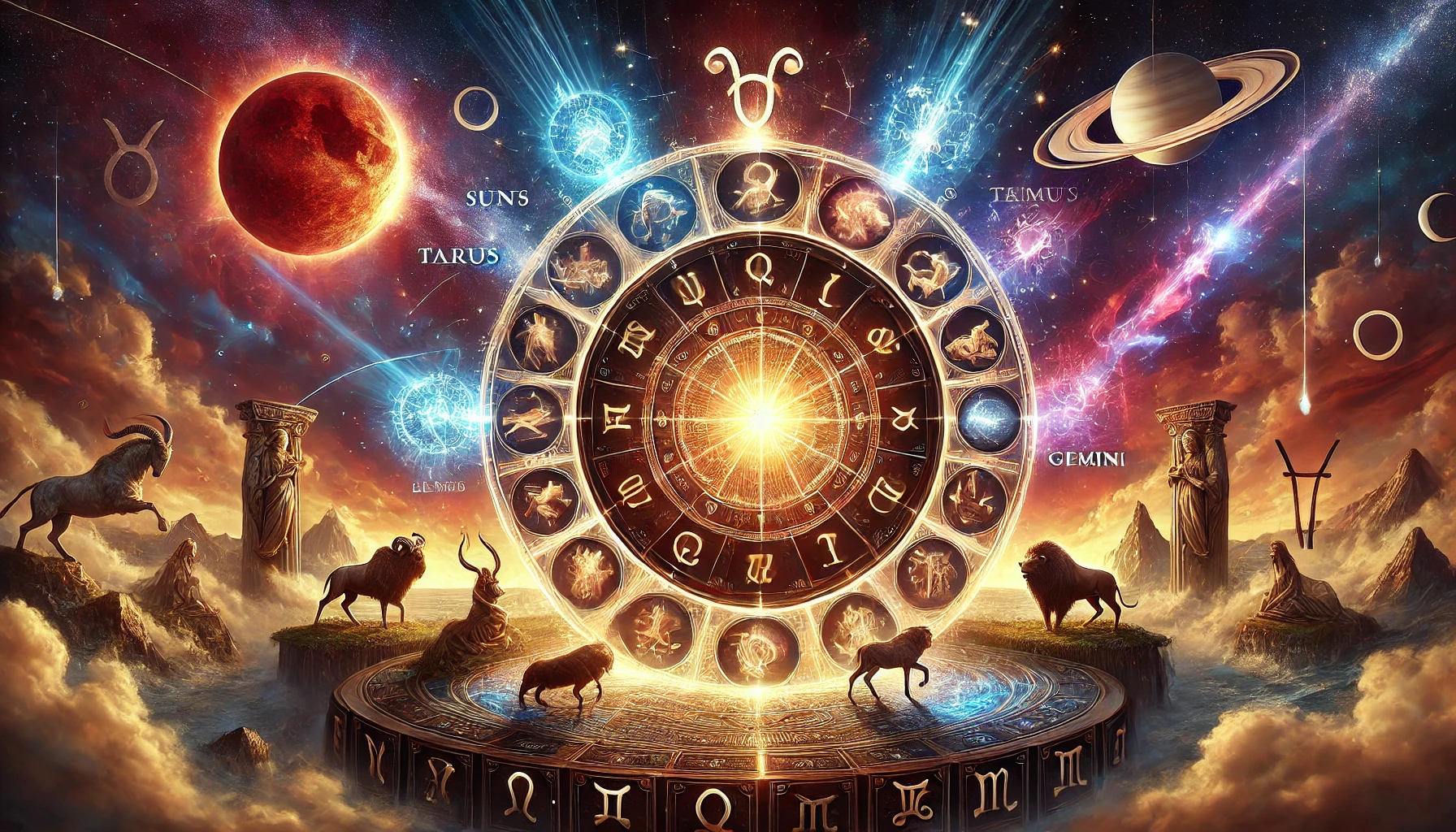Jamshedpur: In recent years Kidney Stones have become a major common problem among people. This problem can occur to both men and women. According to research, about 12-15% of people develop Kidney Stones in India. The Existence of Kidney Stones dates thousands of years back. But do you know what a kidney stone is and how it harms us? In this article we will discuss what is Kidney stone and how we can prevent.
What is Kidney Stone?
kidney stone also known as Calcium Oxalate and Urinary lithiasis is a hard mass that forms from crystals in the urine. It can cause a lot of pain and discomfort if not treated. It most often affects people aged between 30 to 60.
Are all Kidney Stones similar?
No. The most common type of Kidney Stone is calcium stone followed by uric acid stone. Kidney stoneтАЩs size can range grom a grain of sand to the size of a golf ball. Very small stones can pass without causing much pain, but larger stones are more likely to cause pain. Different types of stones are caused by different things, such as urinary tract infections, eating certain foods, or an inherited condition.
How to prevent Kidney Stone?
One of the best way to prevent Kidney Stone is to drink plenty of water. This will make sure you urinate frequently to avoid the build up of Calcium and Uric Acid. Limiting salt intake and protein can also prevent Kidney stones. Citrate food such as lemon and oranges are big sources for the prevention of Kidney stones.
What causes Kidney Stones?
Eating too much salt can cause the kidneys to pass more calcium into urine, which can lead to kidney stones. Some prescription and over-the-counter drugs, including antacids, antibiotics, decongestants, diuretics, steroids, and some cancer, HIV, and epilepsy medicines, can cause kidney stones. Fast food or diet rich in sodium can be a cause for Kidney Stones. Sometime excess body fat or type 2 Diabetic people may have Kidney Stones.
Symptoms of Kidney Stone
The common symptom of kidney stone is pain in the abdomen and back. Other symptoms can include Abnormal urine color, Nausea, Vomiting, Blood in the urine, Chills and Fever
Surgery is often needed when the Stones are larger in size. The Stones block the urine flow and that may lead to Kidney Infection or worse, damage the Kidney.Lithotripsy is used to remove stones slightly smaller than one half an inch (1.25 centimeters) that are located in the kidney or ureter. It utilizes sound or shock waves to fragment stones into small pieces, which are then expelled from the body through urine. This procedure is known as extracorporeal shock-wave lithotripsy, or ESWL.







